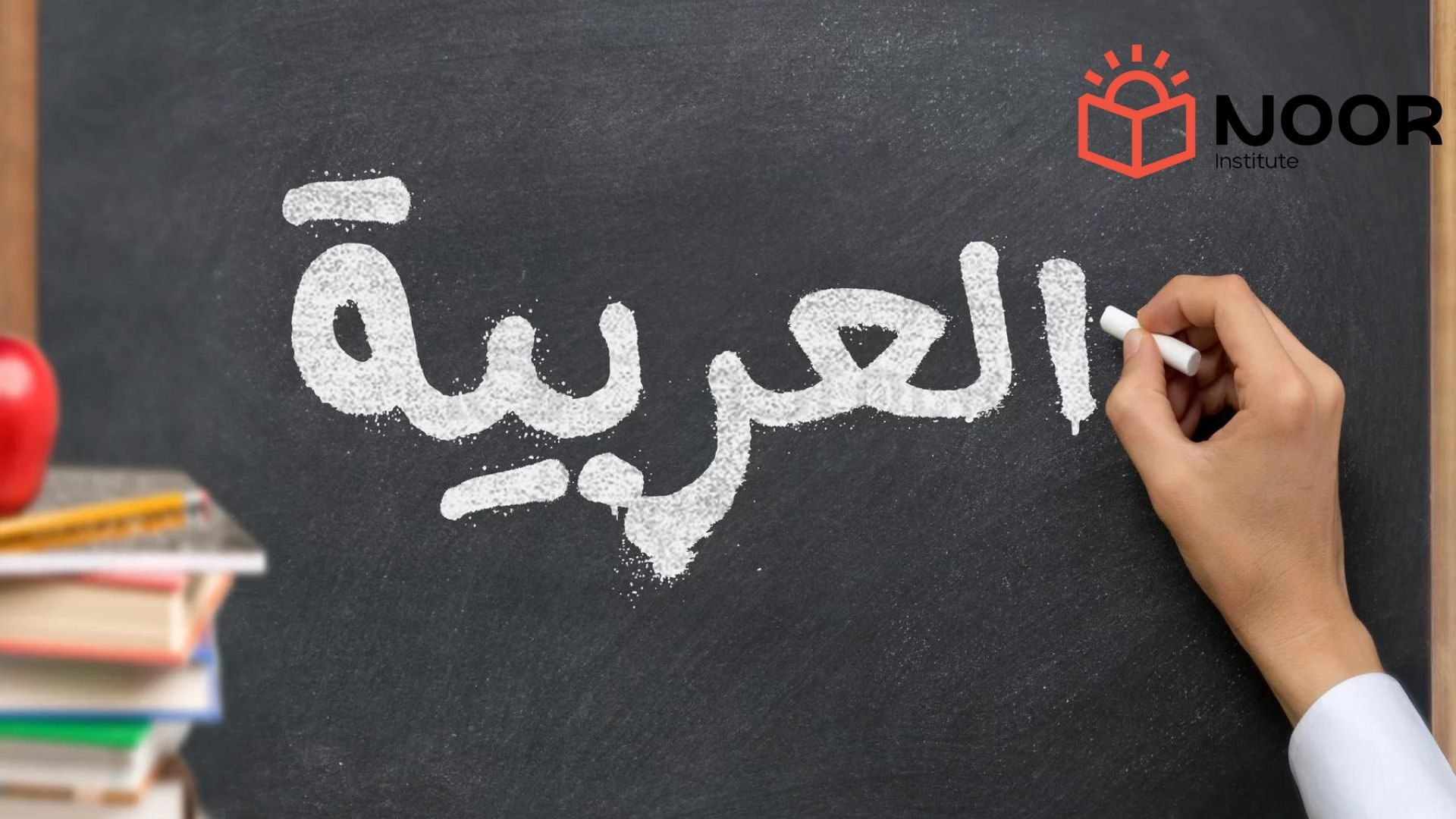Who Wrote the Quran? The Truth Revealed
Many people ask, “Who wrote the Quran?” Understanding this question is essential for anyone seeking authentic Islamic knowledge. The Quran is the eternal word of Allah, revealed to Prophet Muhammad (peace be upon him) through the angel Jibreel. By exploring who wrote the Quran, non-Arabic speaking Muslims can deepen their Quran understanding, connect with the text in its true spiritual and historical context, and strengthen their faith. This article provides clear explanations, historical insights, and authoritative Islamic perspectives to answer this critical question comprehensively.
Some skeptics argue that the Quran was authored by a human specifically Prophet Muhammad ﷺ. However, this is a common misconception that deserves careful examination. Understanding who truly wrote the Quran is crucial to recognizing its divine origin.
In this blog, we’ll uncover clear evidence that the Quran is not a human creation, but the word of God revealed to Prophet Muhammad ﷺ over a span of 23 years.
Who Actually Wrote the Quran
The simple answer to the question “Who really wrote the Quran?” is that it is the word of God, given to Prophet Muhammad ﷺ. The Prophet did not write the revelations himself; instead, his close companions wrote them down. These companions carefully recorded the divine messages using materials like parchment, palm leaves, and bones. They made sure to keep the Quran accurate and unchanged.
The Quran was revealed to Prophet Muhammad ﷺ over 23 years, starting in 610 CE when he was around 40 years old. The first revelation came in the solitude of the Hira cave near Mecca, where the angel Gabriel delivered God’s message, marking the beginning of Muhammad’s mission as the final messenger to humanity.
so, who first wrote the Quran? It was not the Prophet himself but some of his trusted companions who acted as scribes to document the revelations as they were received. The companions were known for their very good memories and writing skills, and they recorded the verses on whatever was available to them at that time, like parchment, leaves of palms, bones, and stones.
The revelations didn’t come all at once but were given at different times, depending on what was happening or what questions the early Muslim community had.The Quran was revealed gradually, with each part providing guidance and answering specific problems. After the Prophet Muhammad passed away, it became important to gather all these scattered messages into one complete book. The first leader after the Prophet, Abu Bakr, started this work by asking some of the Prophet’s close companions to collect and organize the writings. Later, the third leader, Uthman ibn Affan, standardized the text and distributed copies across the Islamic empire to prevent discrepancies and ensure uniformity, safeguarding the Quran’s authenticity for future generations.
Proof the Quran Was Not Written by Prophet Muhammad
The best evidence that the Quran wasn’t written by Prophet Muhammad ﷺ is that he didn’t know how to read or write. It’s hard to believe that someone without any education could create a book with such deep wisdom and beautiful language.
Some evidences that who actually wrote quran wasn’t prophet Muahammad:
- Consistency Over 23 Years: The Quran was revealed over a period of 23 years, but its style stayed the same throughout, even though the Prophet’s life had many ups and downs. Unlike regular writing, which can change based on emotions, the Quran kept the same tone from start to finish.
- Distinct Styles of Quran and Hadith: The Quran’s sophisticated, poetic form contrasts with the simpler, conversational tone of the Hadith. It is unlikely an illiterate person could produce two such distinct styles of literature.
- No Personal Gain: Prophet Muhammad ﷺ didn’t gain anything from writing the Quran. In fact, his message caused him to face persecution, lose loved ones, and be forced to leave his home. This makes it unlikely that he wrote it for personal gain.
- Honor to Mary (Mother of Jesus): The Quran honors Mary in a special way. It is the only book that has one complete chapter in her name. If the Prophet ﷺ had authored the Quran, he most probably would have honored one of his family members and not Mary, showing it was not self-serving.
- Wide Range of Topics: The Quran covers many different topics in a detailed and clear way. It would be very hard for someone who couldn’t read or write to discuss so many subjects so well.
Quran Features Proving It Is From God
The Quran has many qualities that clearly show it is from God, proving that it could only have come from Allah.
- Gradual Revelation and Coherence: The Quran was revealed over 23 years, as mentioned in Surah al-Isra (17:106). If a human had written it, it would have been hard to keep everything consistent over such a long time. But the Quran has a perfect and clear message that stayed the same over those 20 years. This gradual process helped people understand and remember its teachings better, showing that it truly comes from God.
- Eternal Wisdom: Unlike books written by people, which can become outdated as new information is found, the Quran has never been changed or updated. Over time, human understanding grows, often making old ideas incomplete or incorrect. But the Quran’s teachings stay the same forever, showing that it comes from a divine source.
- Scientific Miracles: Even though the Quran isn’t a science book, it mentions many natural events that scientists have only recently discovered.
Noor Institute: Your Online Hub for Quran and Islamic Studies
Noor Institute offers flexible and convenient online classes for all levels, making it easier for students to connect with the Quran and deepen their knowledge of Islam at their own pace. These expertly designed Quran online classes enable learners to explore Islamic teachings, enhance their Quranic knowledge, and advance in their studies from any part of the world. The institute provides a supportive and engaging environment that helps create a deeper connection with the Quran and its teachings.
Conclusion
The Quran offers undeniable evidence that it could not have been authored by Prophet Muhammad ﷺ, as some claim. Its unmatched consistency, timeless knowledge, scientific precision, and complete preservation throughout history all point to its divine origin. These truths affirm that the Quran is a living miracle and a timeless guide for all of humanity.
If you’re eager to explore the Quran’s wisdom and deepen your understanding, Noor Institute is here to help. Our flexible online courses are designed to bring you closer to the divine message—anytime, anywhere.
Start your journey today. Sign up for a free trial with Noor Institute.











